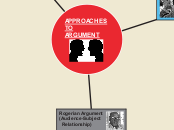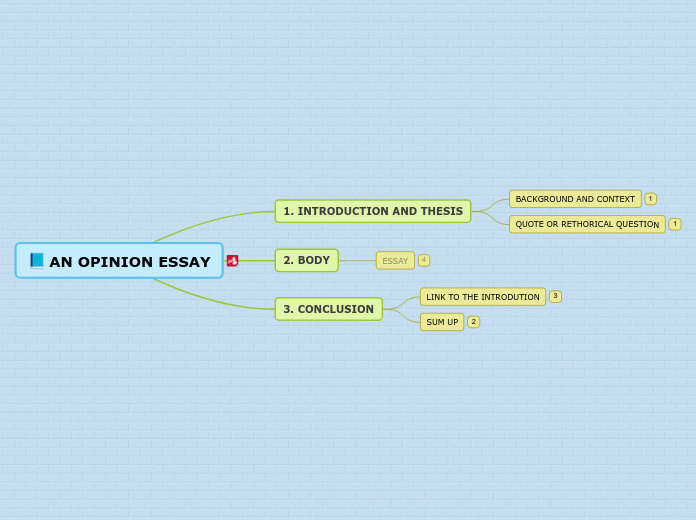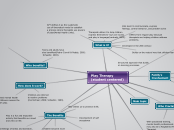door Landen Moran 7 jaren geleden
427
CR 1, Landen Moran
The text delves into various approaches to argumentation and rhetoric as outlined by Annette T. Rottenberg and Donna Haisty Winchell. It explores the Rogerian argument, which emphasizes finding common ground between emotionally involved parties with differing opinions.









